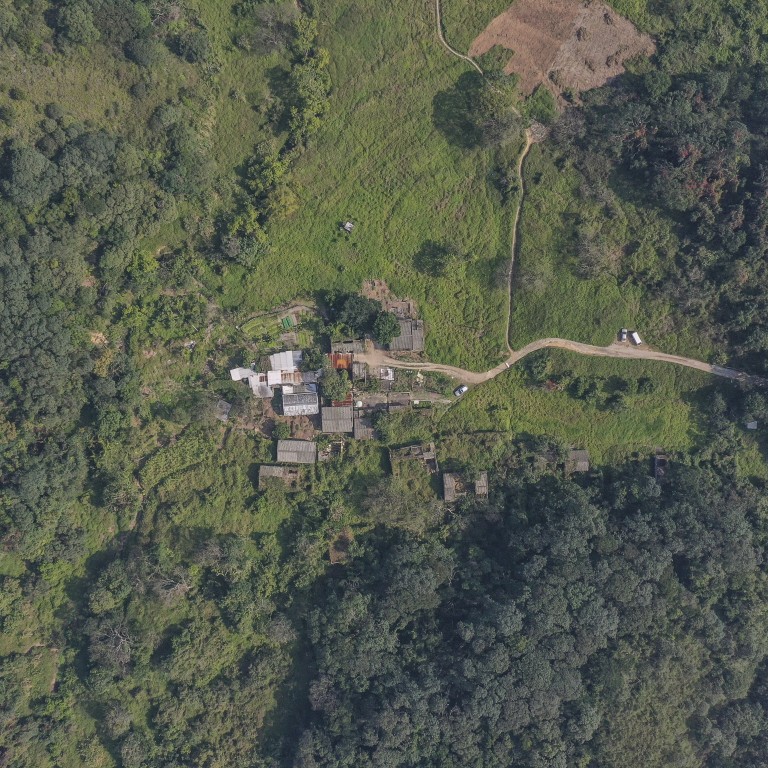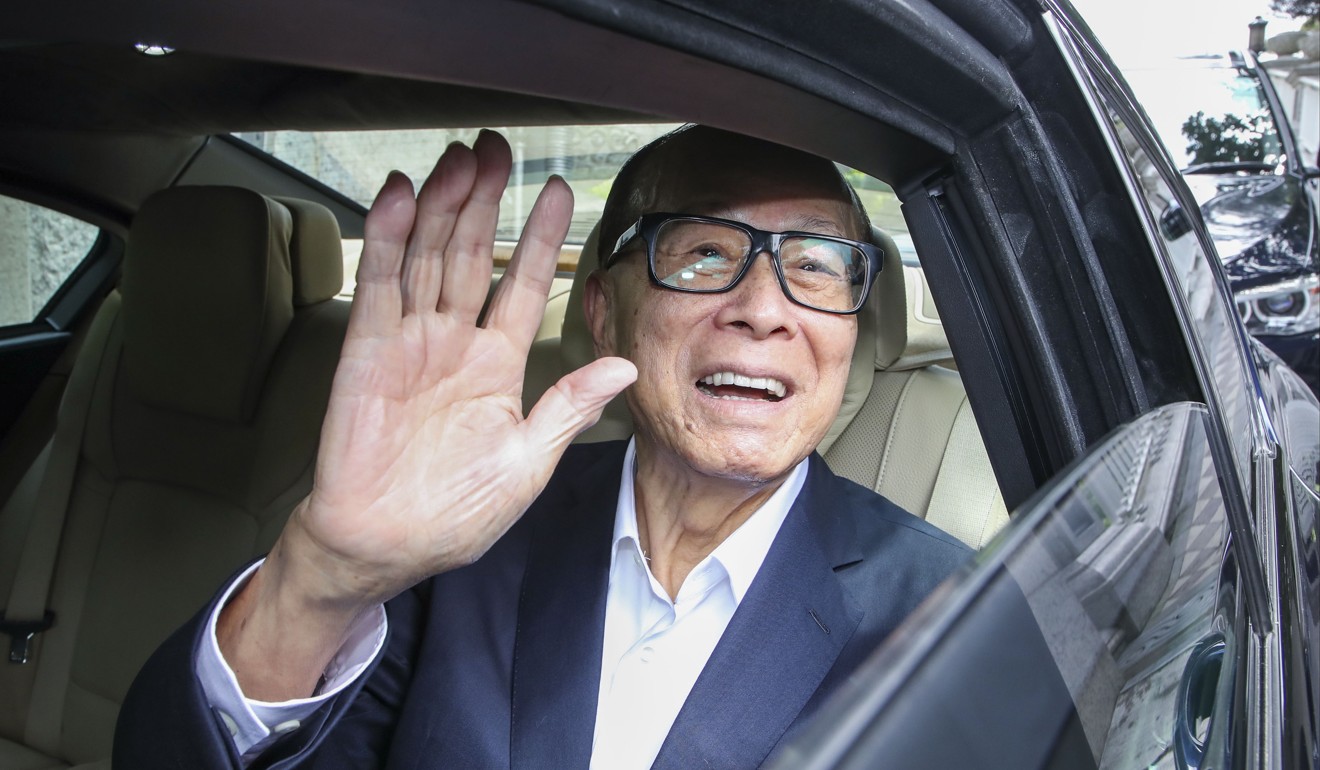
Beijing piles pressure on Hong Kong developers, calling on government to seize land being ‘hoarded for profit’
- Three commentaries published by state media single out unaffordable housing as a ‘root cause’ behind young people taking to the streets in anti-government protests
- Chief Executive Carrie Lam has previously been reluctant to invoke law in past pointing to potential legal ramifications of such a move
Beijing is piling pressure on Hong Kong’s property tycoons to help ease the city’s crippling political crisis and social unrest, with state media urging the local government to boost housing by seizing land being hoarded by developers with “vested interests”.
Commentaries published on Friday by the official Xinhua news agency and People’s Daily, as well as an editorial in the hardline tabloid Global Times, singled out unaffordable housing as a “root cause” behind young people taking to the streets in anti-government protests that have rocked the city for months.
State media have played a significant role recently in bringing about changes in Hong Kong to handle the crisis more proactively: Cathay Pacific began cracking down on employees taking part in illegal protests and reshuffled its top management after the city’s flagship carrier came under severe criticism for its hands-off approach; and the MTR Corporation started closing metro stations and asking police to take action after the rail operator was accused of allowing protesters to use its network to their advantage.

This time state media specifically endorsed a proposal by the Democratic Alliance for the Betterment and Progress of Hong Kong, the city’s largest pro-Beijing party, for Chief Executive Carrie Lam Cheng Yuet-ngor to invoke the Lands Resumption Ordinance and take back large swathes of rural land lying unused as a quick option to tackle the shortage of land for housing.
The three news organisations also called on Hong Kong’s embattled government to be more proactive, as they hit out at developers.
The Xinhua commentary identified the inability of young people and low-income groups to afford homes and share the city’s economic success as an underlying cause of the social unrest.
“Some groups with vested interests have sought to maximise gains by obstructing the government in its bid to boost land supply, or raising the price of the land they hoarded, or by changing the land use,” the article said.
A bylined commentary on the People’s Daily website took a tougher line, saying: “For the sake of public interest … it is time developers show their utmost sincerity instead of minding their own business, hoarding land for profit and earning the last penny.”
The Communist Party mouthpiece went on to state: “What is being responsible to Hong Kong’s future? What is showing humanity and providing a way out to the young people? This is the way.”
This was a direct counter to tycoon Li Ka-shing’s remarks last weekend, when he described the city’s youth as the “masters of our future” who should be “provided a way out” of the protest crisis.
Noting that the housing policies of past and present administrations had been either compromised or shelved, the writer not only blamed opposition lawmakers, but also “developers who care only for their vested interests and keep threatening the government and bundling public opinion”.
The Global Times editorial read: “We also hope the [Hong Kong] government will show some leadership ... and constructively rebalance the interests of the people and the developers, with the support of the central government.”
Last year, the chief executive described the ordinance as the government’s “imperial sword” which could not be used lightly, as it could lead to legal challenges over private property rights.
Financial Secretary Paul Chan Mo-po did not give a direct answer on Friday when asked whether the government was coming under pressure to be more proactive.
“Using the ... power to resume private land for public-interest purposes has been one of the powers of the Hong Kong government,” he said. “We’ve invoked this power before ... so it’s nothing new.”
Chan noted that the government had used the law to seize land to build roads and public housing.
“Going forward, this will continue to be one of the options available to the government in terms of getting more land for public-interest purposes,” he said.
A Development Bureau spokesman added that Lam’s own policy initiative of “land sharing” with developers was still being pursued and details would be released later. That scheme would allow private developers to receive faster approval for projects if they hand over a portion of the flats to the government for public housing.
DAB chairwoman Starry Lee Wai-king, who met development officials on Friday, said she had invited the Real Estate Developers Association (Reda) to a discussion next week.
Reda said in a statement that the perception of developers hoarding land was a “misunderstanding” and it had “always hoped the government could speed up land supply and proactively build homes for the people”.
It suggested the government should cut red tape, which often dragged private projects on for up to 20 years, and developers would cooperate to find solutions.
City University academic Ray Yep Kin-man said the state media commentary showed Beijing’s understanding of local grievances was based on economic factors.
“But they are not the sole factors, as the calls for universal suffrage, freedom and democracy are clear in the current situation,” he said, adding that Beijing’s input was also blurring the line in terms of “interference” in the city’s affairs.
Li Xiaobing, an associate law professor at Nankai University, Tianjin, agreed the housing issue was one of the major, deep-rooted causes of conflict in society.
“It is time to reset the agenda, as the government can retreat no further,” he said, referring to its official withdrawal of the extradition bill which set off the mass protests.
He suggested Beijing was not satisfied by the reaction of Hong Kong developers as they had only made lukewarm calls to stop protest violence at a critical moment for the country.
Additional reporting by Cannix Yau

